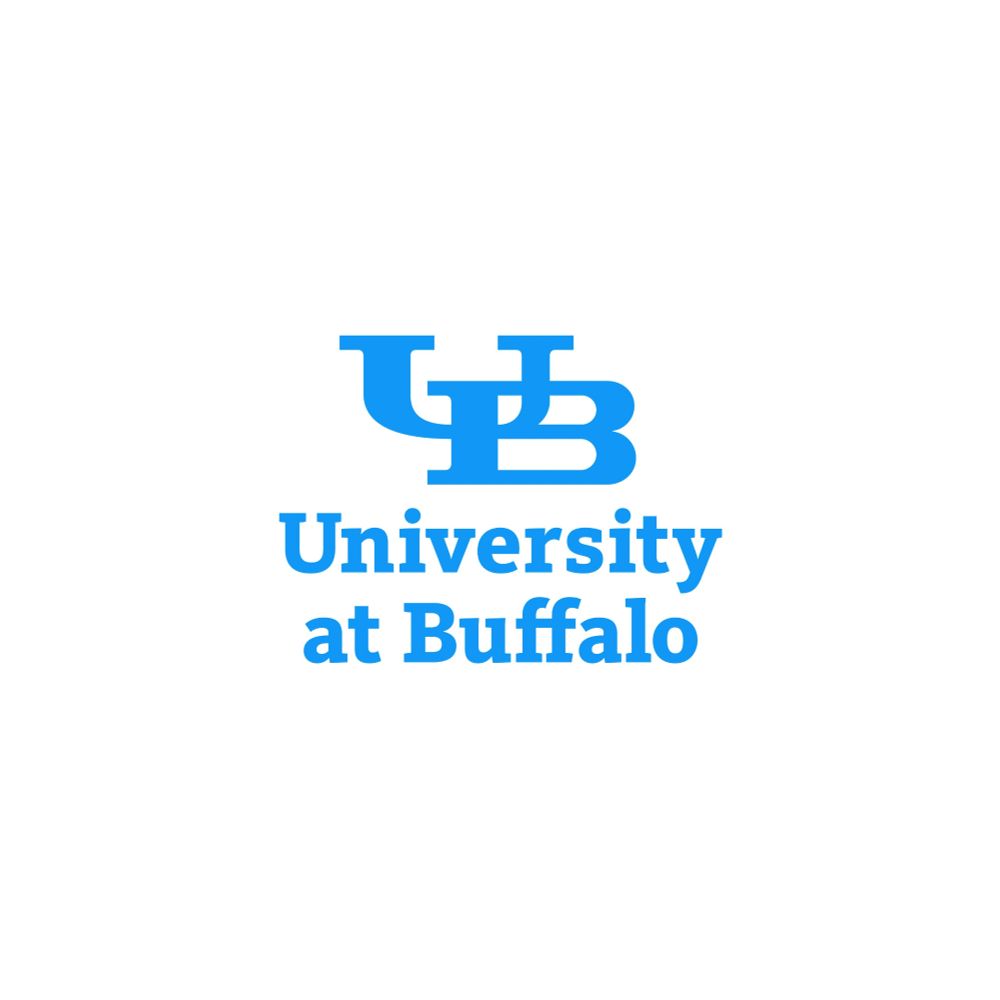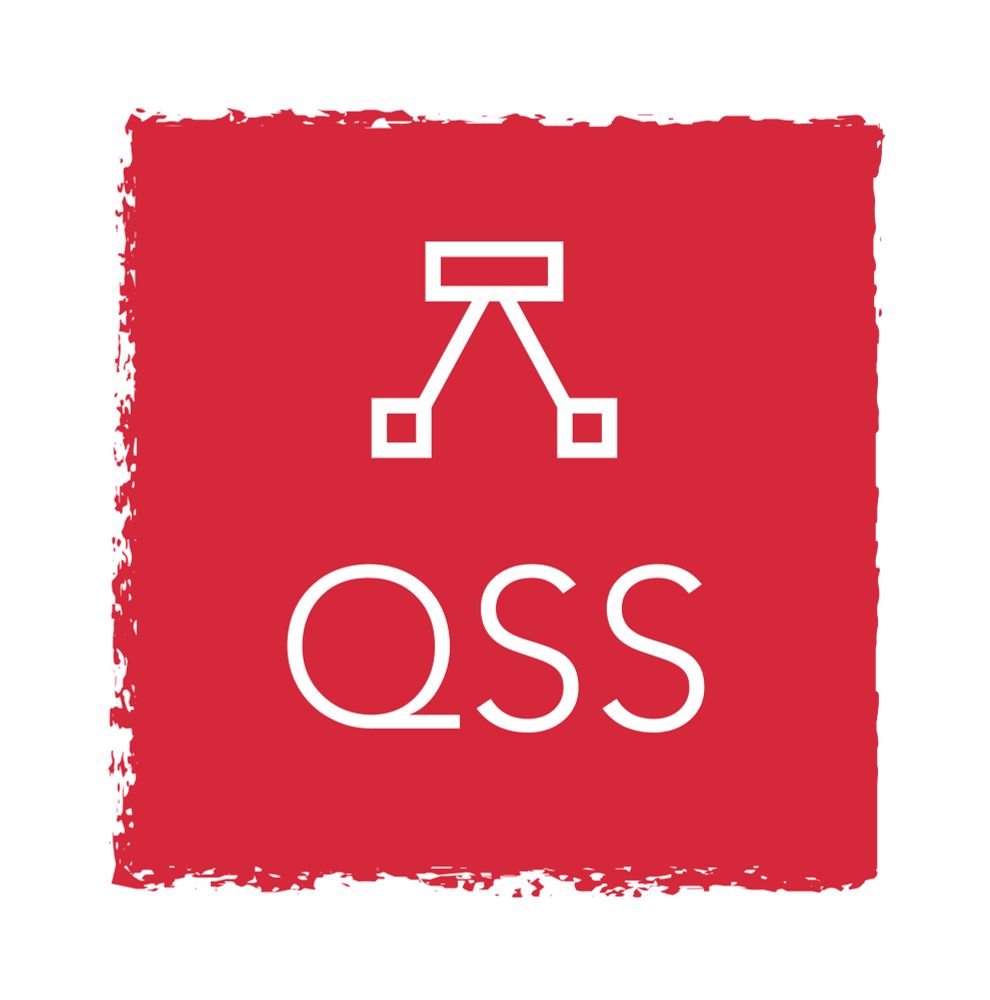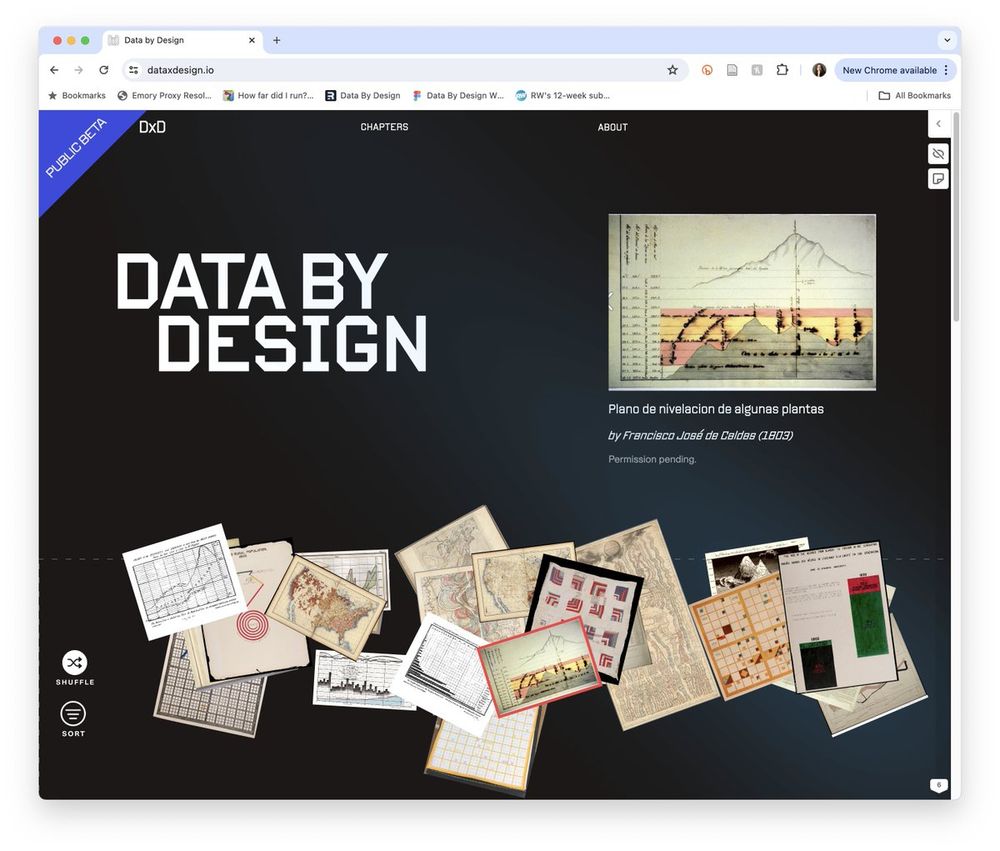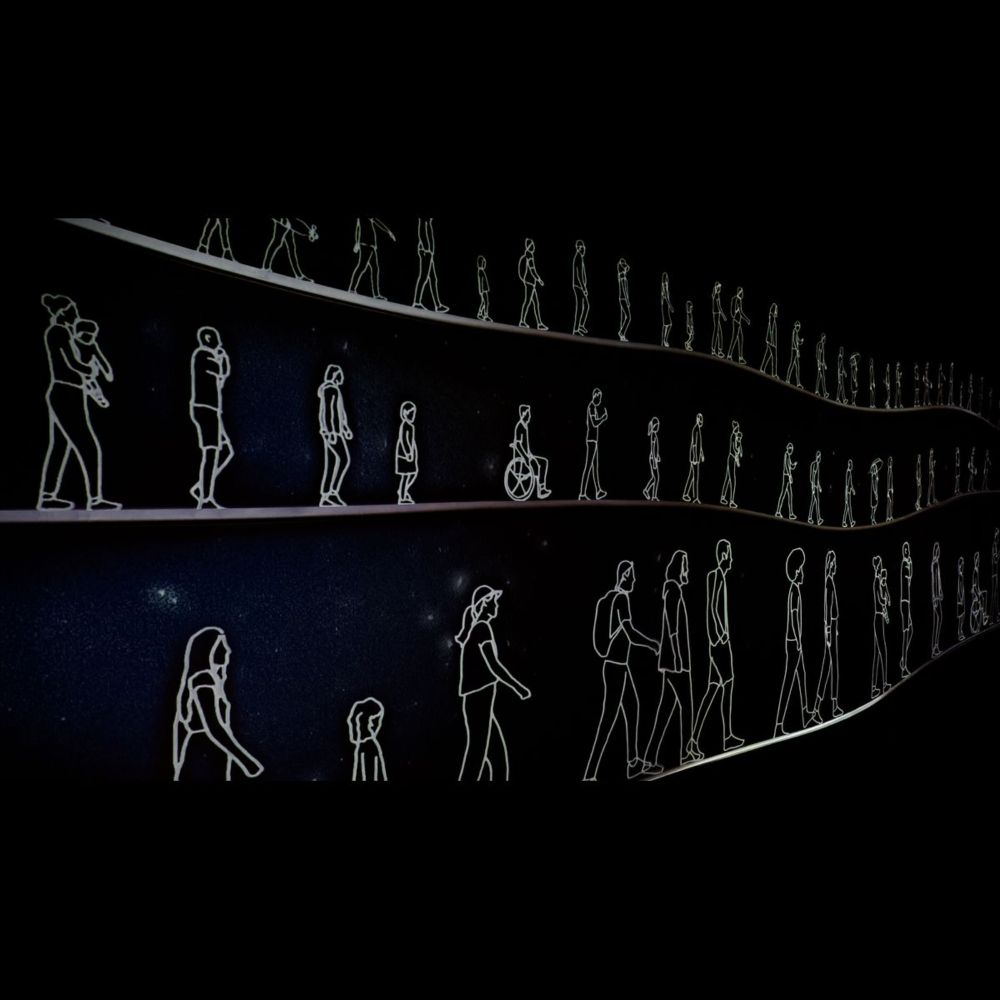Kai Li
@nalsi.bsky.social
180 followers
220 following
20 posts
Assistant Professor at School of Information Sciences of the University of Tennessee, Knoxville. #scientometrics and #metadata researcher. Former #librarian. #Cat person.
ORCID: https://orcid.org/0000-0002-7264-365X
Posts
Media
Videos
Starter Packs
Reposted by Kai Li
Kai Li
@nalsi.bsky.social
· Jul 16
Reposted by Kai Li
Lucy Li
@lucy3.bsky.social
· Jul 7

Assistant, Associate or Full Professor, AI & Society
The Department of AI and Society (AIS) at the University at Buffalo (UB) invites candidates to apply for multiple positions as Assistant Professor, Associate Professor, or Full Professor. The new AIS ...
www.ubjobs.buffalo.edu
Kai Li
@nalsi.bsky.social
· Jun 11
Kai Li
@nalsi.bsky.social
· May 29
Kai Li
@nalsi.bsky.social
· May 24
Reposted by Kai Li
Mengyi Sun
@sunmengyi.bsky.social
· Apr 19

Where there’s a will there’s a way: ChatGPT is used more for science in countries where it is prohibited
Abstract. Regulating AI is a key societal challenge, but effective methods remain unclear. This study evaluates geographic restrictions on AI services, focusing on ChatGPT, which OpenAI blocks in seve...
direct.mit.edu
Kai Li
@nalsi.bsky.social
· Apr 18

Rethinking Reuse in Data Lifecycle in the Age of Large Language Models - Information Matters
In the world we are living in, a digital world, some data slips past our awareness, but very little data ever truly disappears. As we, information scientists, are concerned with reproducibility and re...
informationmatters.org
Kai Li
@nalsi.bsky.social
· Apr 14
Kai Li
@nalsi.bsky.social
· Apr 14
Kai Li
@nalsi.bsky.social
· Apr 14
About the Guest Editors | Data on Science and Innovation Processes, Outputs and Outcomes
This Scientific Data collection aims to gather data descriptors on high-quality, reusable datasets that illuminate the inputs, processes, and outputs of science and innovation.
www.nature.com
Reposted by Kai Li
Reposted by Kai Li
Kai Li
@nalsi.bsky.social
· Jan 7
Reposted by Kai Li
Reposted by Kai Li
Reposted by Kai Li
Reposted by Kai Li
Kai Li
@nalsi.bsky.social
· Nov 25
Reposted by Kai Li
Reposted by Kai Li
Ryan Cordell
@ryancordell.org
· Nov 18
A Student's Guide to Not Writing with ChatGPT. Succinct and savvy: www.arthurperret.fr/blog/2024-11...

A Student’s Guide to Not Writing with ChatGPT
Site web d’Arthur Perret, enseignant-chercheur en SIC.
www.arthurperret.fr











